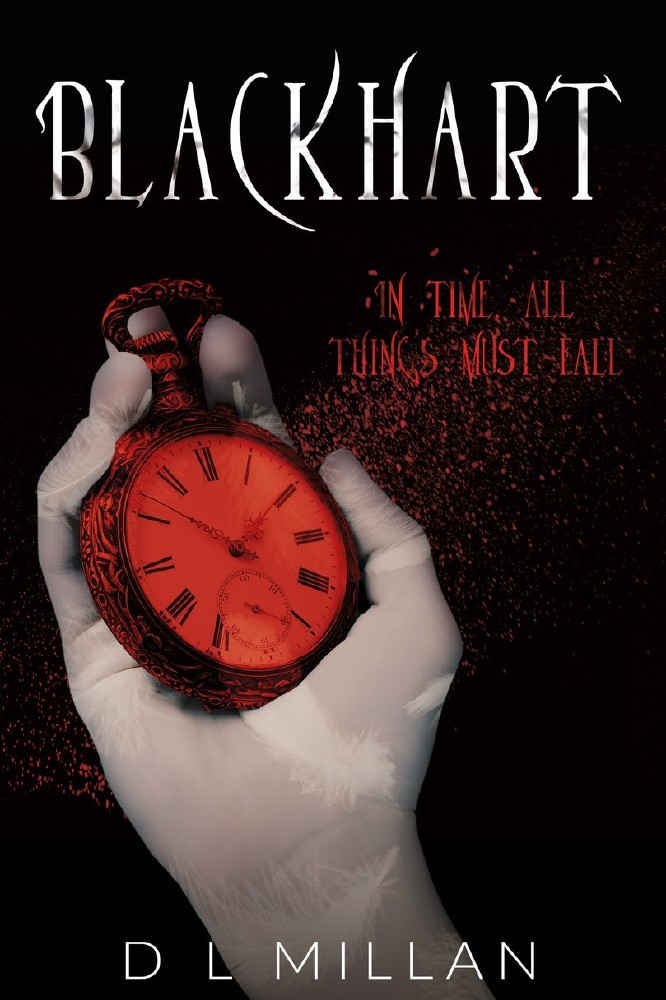D. L. Millan shares her top tips for writing a trilogy following the release of Blackhart, her first fantasy book in a planned young adult trilogy:

D L Millan
- Once upon a time… It doesn’t matter where you start, just start! If this is page one, then great, but if not don’t worry. I had written the majority of book two before starting book one.
- Chapter 1 - Make it good, make it gripping! Tear it apart as many times as you need until you are happy with the result. Sometimes this can’t be achieved until the very end.
- Inspiration! Firstly, write what you love, the story you feel enthused to tell. Secondly, never lose an idea, as soon as the thought arrives make a note. Thirdly, write when you feel inspired, unfortunately this may be in the middle of the night!
- Time… A major theme for me, but this time I am not talking about time travel! When writing a trilogy, take your time and get it right. Brilliant ideas and chapters simply cannot be forced.
- Writers block – This is very much a real thing and can last for any length of time. Sometimes the only cure is to take a break for a week, a month, 6 months – how ever long it takes for inspiration to return. If you want to try to kick start things back into motion, re-reading your work is a great way to do it. Sometimes you finish reading and keep on writing – no one wants to read half a story!
- Recap! Go over your work again and again. You may find a new idea, realise a gap in your story or simply enjoy reading your favourite chapter. Whatever the result, your time will not be wasted and your trilogy can only improve and advance.
- A helping hand… Be relentless, drive your friends and family mad! The more people you can get to read or discuss your work, the better. It will provide enthusiasm, encouragement and inspiration. They may also find errors you are blind to (for example, it would seem I forgot to put a character in my first book. Not a major one, obviously, but they are in books two and three, yet somehow failed to appear for any of the events in Blackhart!)
- The master plan – Have an idea of where you are going and the route to take. Create a list, diagram or whatever works for you of the planned events for each book, and expect them to change! It’s good to have a guide in times of confusion.
- Background! Know your world and characters inside and out. Know everything that happens before and after the segment of story you are telling. Know things that won’t even be in the books.
- Characters. For me, the most important thing is to love your characters! Develop and understand them completely. You will learn this along the way, as will your readers, and by the second or third book you won’t even have to think about what a character would say or do. Just get your pen or keyboard and let them tell you their story.

Blackhart is available to buy now from Amazon and from www.bookguild.co.uk

